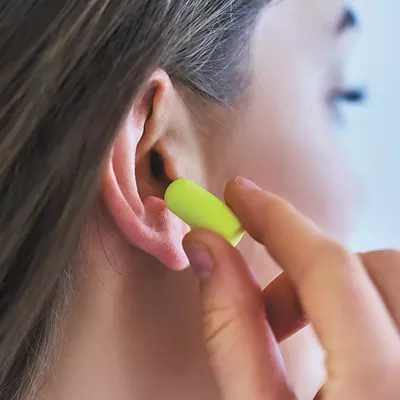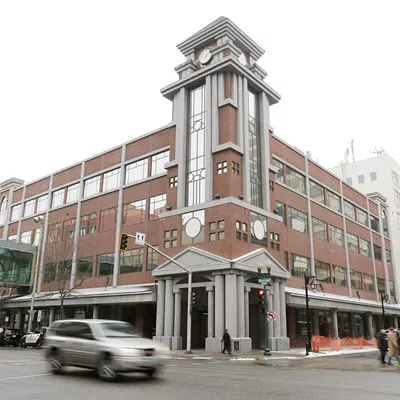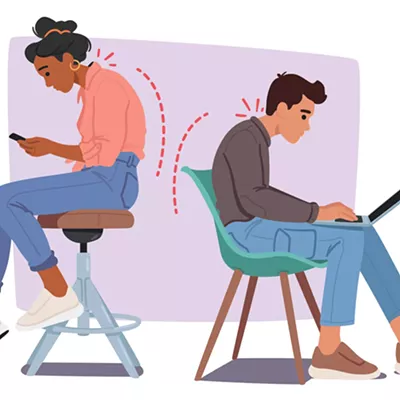"I live about a half-mile from the train tracks in Spokane and I am awakened most nights — and sometimes several times per night — by the incessant blasting of train horns. Is there a sleeping pill I could use to help me sleep through the night?"
One major, and often unrecognized, public health problem that cities face is noise pollution. Train horn noise is near the top of the noise pollution list. Train horns are specifically designed to be disconcerting, blaring, alarming and uncomfortable to the listener since their primary purpose is to warn unobservant drivers. They are also very effective at waking people up at night or even interrupting them during non-sleep hours.
The geography that Spokane is blessed with is a liability when it comes to train horn noise since the trains travel through the low points of the city with window-jarring noise wafting out and up to the surrounding higher ground. Since the increase in coal trains going through Spokane there is often an unrelenting loop of train horn blasts that reverberate through a more than 2-mile wide corridor that essentially bisects Spokane. Tens of thousands of people are at significant risk in our community for the detrimental health effects of these horns.
This includes difficulty falling asleep, frequent awakenings and alterations in sleep patterns with a reduced depth of rest and less REM sleep. Other effects can include increased blood pressure, increased heart rate, heart arrhythmias, increased fatigue, depressed mood and decreased performance. The long-term cardiac implications of chronically interrupted sleep are also significant.
Additionally, there is a correlation between nocturnal noise — such as train horns — and an increase in the use of potentially dangerous sleep medications. In this situation, I don't recommend the use of sleep medications. The benefits simply don't outweigh the risks. If moving is not an option, consider installing sound proofing and possibly new windows, or investigate the use of white-noise devices and personal hearing protection.
The ultimate solution is political and, of course, is driven by the dollar. When the population has had enough of this noise pollution and applies political pressure, quiet zones through the city can be created, enhanced intersection crossing safety devices can be installed, tunnels and overpasses can be built and the city's long-term health and quality of life will be improved.
John R. White is chair of the Department of Pharmacotherapy at WSU-Spokane.




















